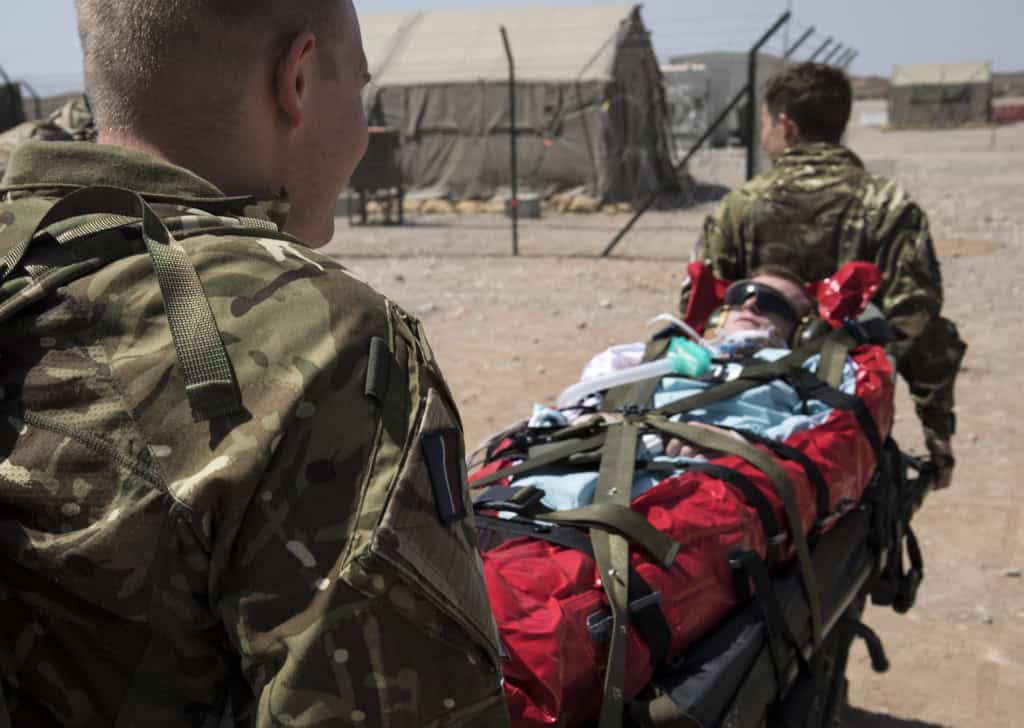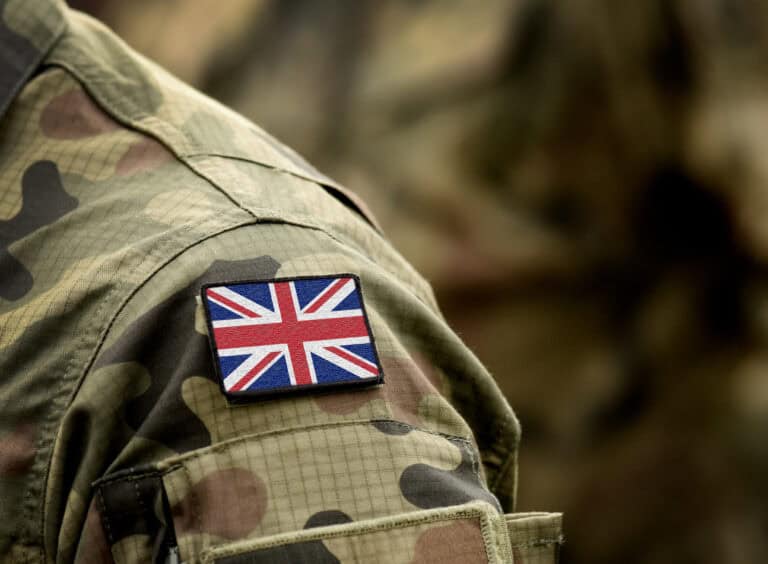
Military accidents: when things go seriously wrong
I hear examples of avoidable accidents from my clients on a regular basis. In this blog I look at what happens when things go seriously wrong and how the Ministry of Defence (MOD) is held to account when they fail their service personnel.
We all know that military training is inherently dangerous. The Armed Forces Covenant recognises the risk to those who serve:
‘The first line of Government is Defence of the realm. Our Armed Forces fulfil that responsibility of the Government, sacrificing some civilian freedoms facing danger and sometimes, suffering serious injury and death as a result of their duty’
While it is impossible to remove all risk completely, the MOD has a duty to those who serve to minimise work-related accidents and fatalities and to reduce health and safety risks so that they are as low as reasonably practicable. This is set out in the MOD’s policy on managing ‘Health and Safety in Defence (JSP 375)’.
Breaching health and safety law
A BBC investigation earlier this year revealed that the MOD had breached health and safety law 40 times in the past 20 years – not in war zones but in training. The MOD is required to keep statistics on such incidents, whether or not they would amount to a breach of law. The latest bulletin from the MOD provides a snapshot of the current position:
- There were 21,975 total reported health and safety incidents in 2018/19
- 30% of injury and ill health incidents were serious enough to be “reportable incidents” to the Health and Safety Executive (known as RIDDOR Reportable)
- 55% of injuries occurred on training
- 35% of health and safety incidents were a “Near Miss” or “Dangerous Occurrence”. The most frequent cause of these incidents was equipment.
The bulletin also confirmed that the number of incidents overall has increased since 2014/15.
What happens after the most serious incidents?
A service inquiry
A service inquiry is held after any military incident that results in death or serious injury, in order to understand the circumstances and identify any changes needed to prevent recurrence.
On 5th May 2019, a young soldier, Mathew Talbot, died after being attacked by an elephant whilst on patrol in Liwonde National Park, Malawi. The service inquiry, published last month, found shortcomings in estimates of how long it might take to get a casualty from a remote location to a hospital. Recommendations were also made to improve soldiers’ training on dangerous animals and to increase patrol team numbers from four to six to allow for better support, drills and treatment and evacuation of casualties.
An inquest
In some cases, there may be an inquest as well as a service inquiry. In a recent blog we looked at the inquest process which you can read here.
There have been several high profile inquests in recent years, including that into the deaths of Royal Tank Regiment Corporals Matthew Hatfield and Darren Neilson at Castlemartin Range on 14th June 2017. Both died following an explosion in their tank. The Coroner found that the main cause of this incident was a design flaw which meant the tank gun could be fired without a key component in place and noted that this hazard had not been adequately considered or investigated. She also identified other issues which contributed to the incident, including a lack of written procedures for soldiers to follow.
A HSE investigation
In addition, the Health and Safety Executive (HSE) has the power to investigate the MOD over breaches of health and safety law and can issue Crown Censures – the maximum sanction for a government body.
While the MOD cannot be prosecuted for any failings identified by the HSE, a Crown Censure recognises that, but for Crown Immunity, there would have been a criminal prosecution.
In 2018, Army Lance Corporal George Partridge died during a tragic diving accident, in the final week of his diving course. Two Crown Improvement Notices were issued to the MOD relating to the failure to train all Army divers about how to undertake air endurance calculations and to assess the risk of a diver running out of air. The inquest into Lance Corporal George Partridge’s death has been postponed due to the COVID-19 pandemic.
There are calls for the law to be changed so that the MoD can face prosecution by the HSE when things go badly wrong.
Legal advice
My colleague, Tom Spearpoint, has written about the options service personnel affected by a training accident have here.
If you or a loved one has been injured due to a training accident, Bolt Burdon Kemp could help you seek the compensation you deserve.
There are strict time limits for bringing claims, so legal advice should be sought as soon as possible.
Kate Roos is a senior solicitor in the Military Claims team at Bolt Burdon Kemp. If you feel you may have a claim or are enquiring on behalf of a loved one, contact Kate free of charge and in confidence on 0207 288 4876 or at kateroos@boltburdonkemp.co.uk. Alternatively, complete this form and one of the solicitors in the Military Claims team will contact you. Find out more about the Military Claims team.
Image: Crown Copyright 2018









